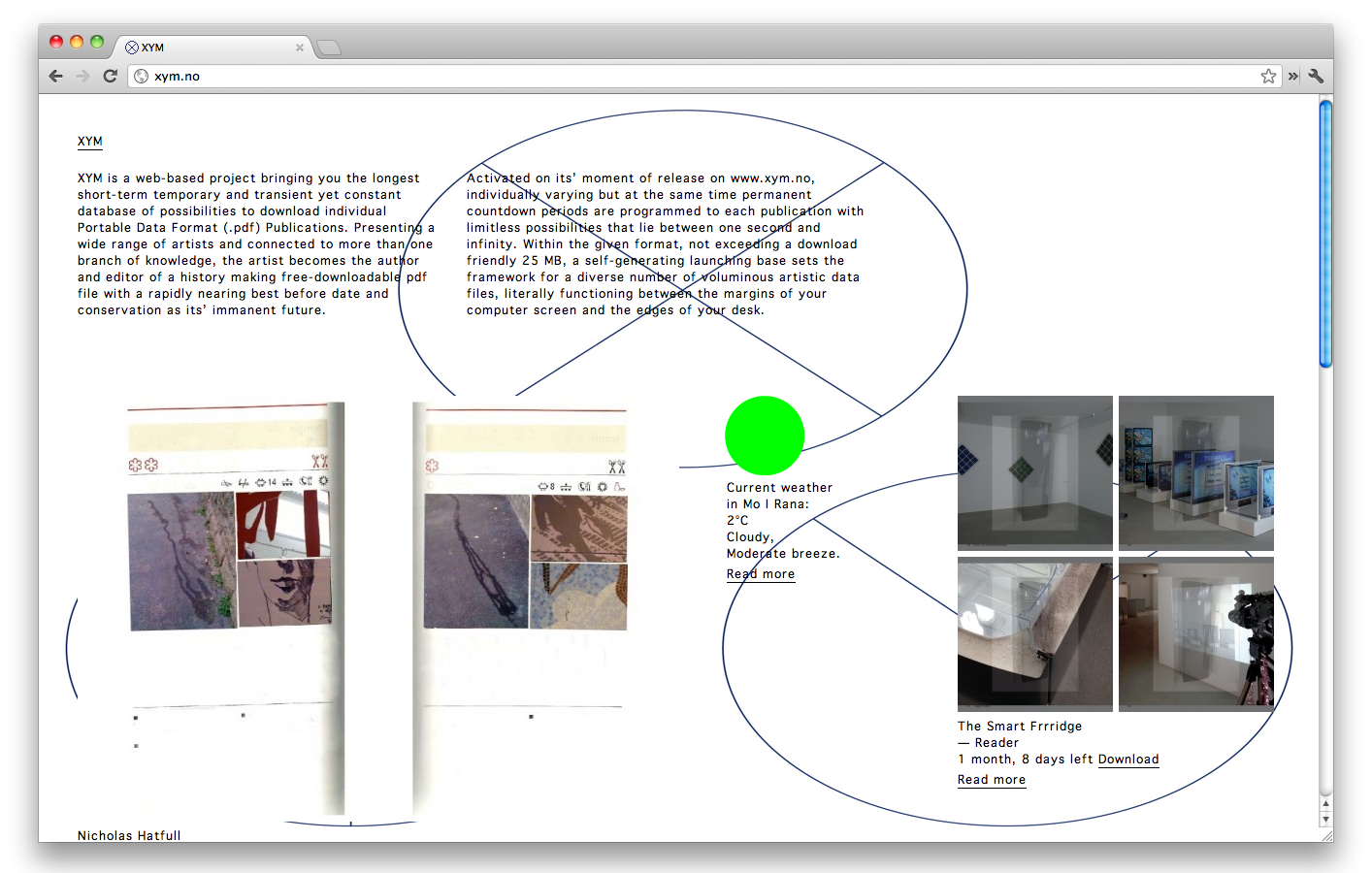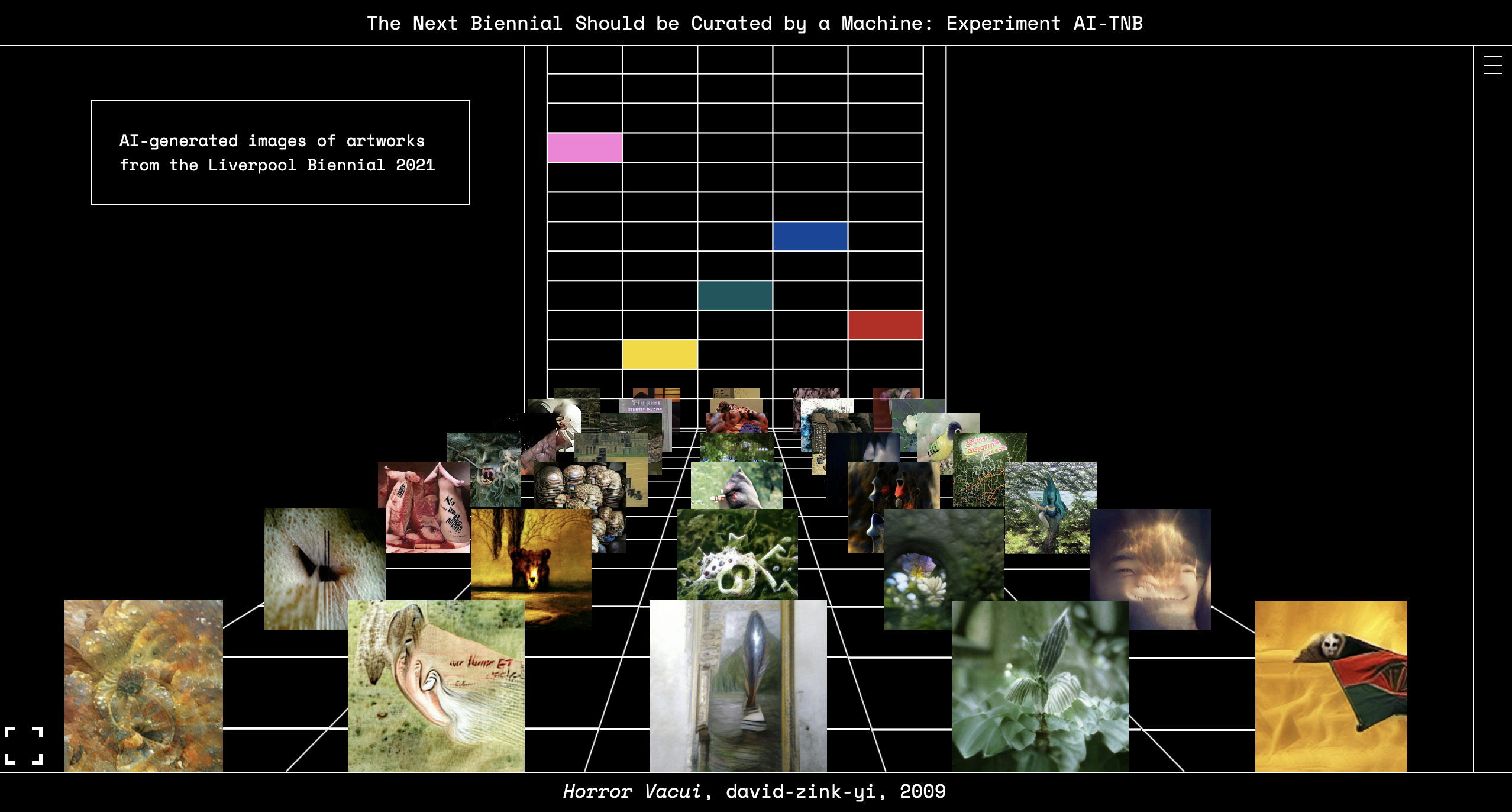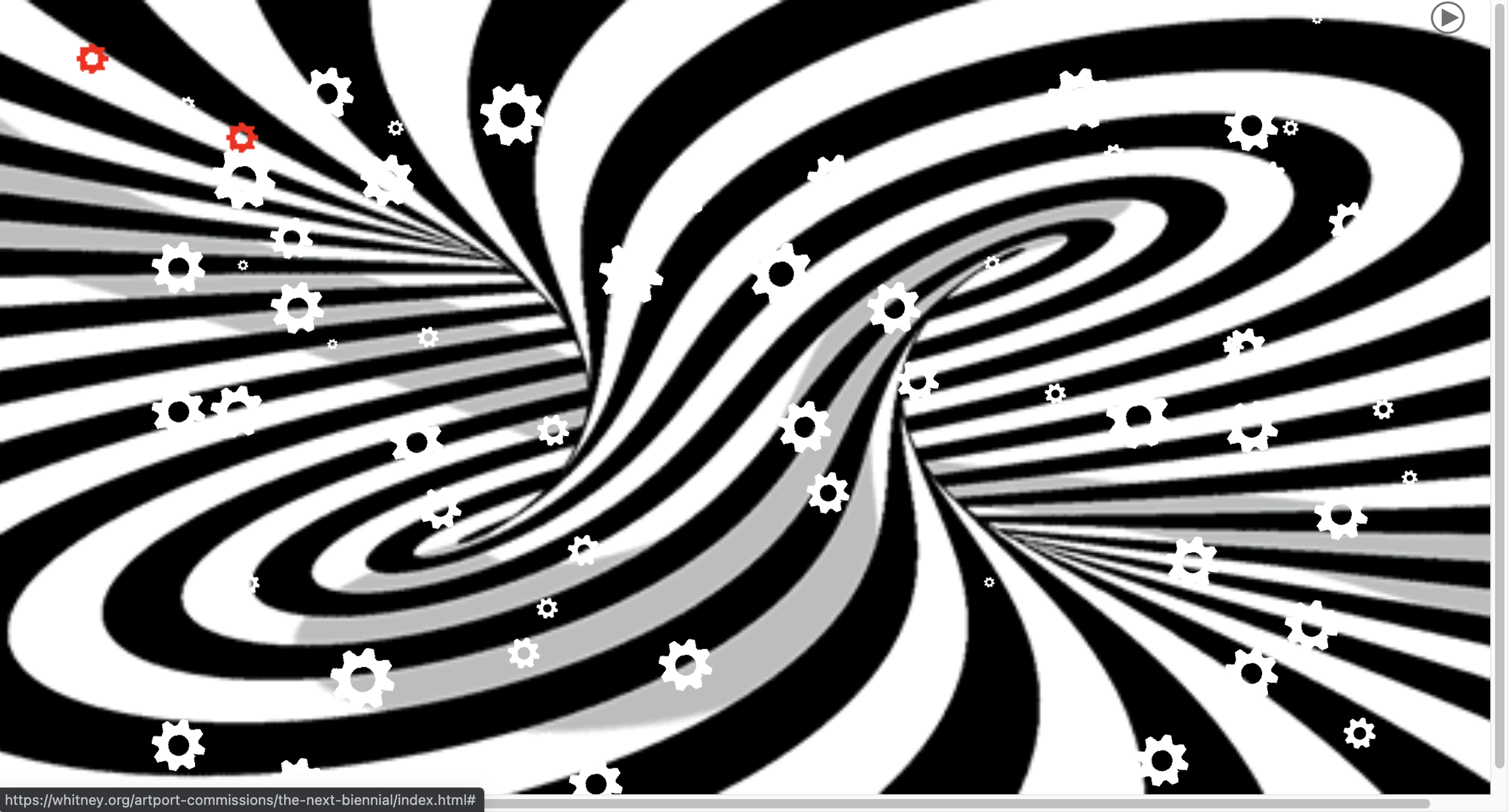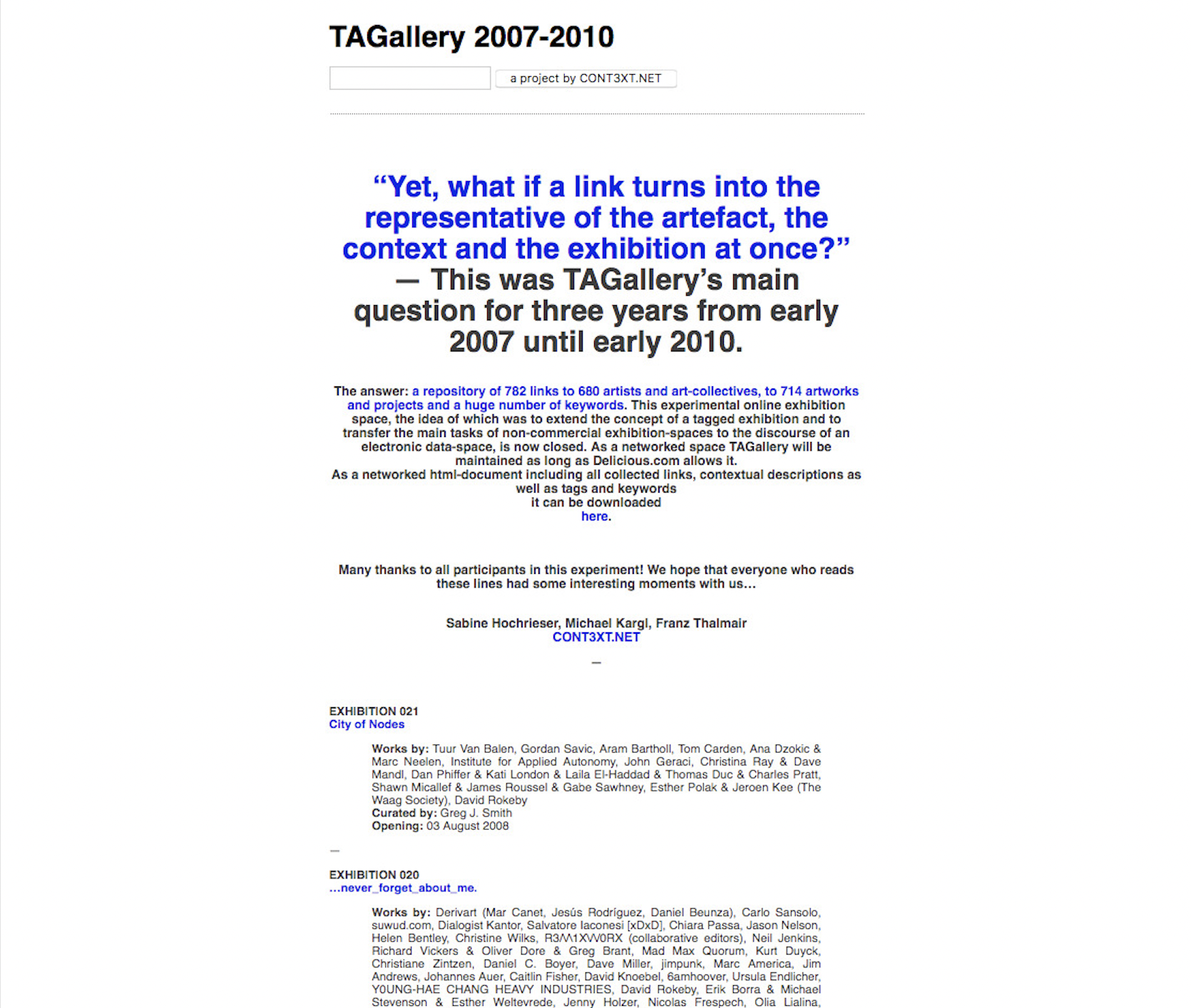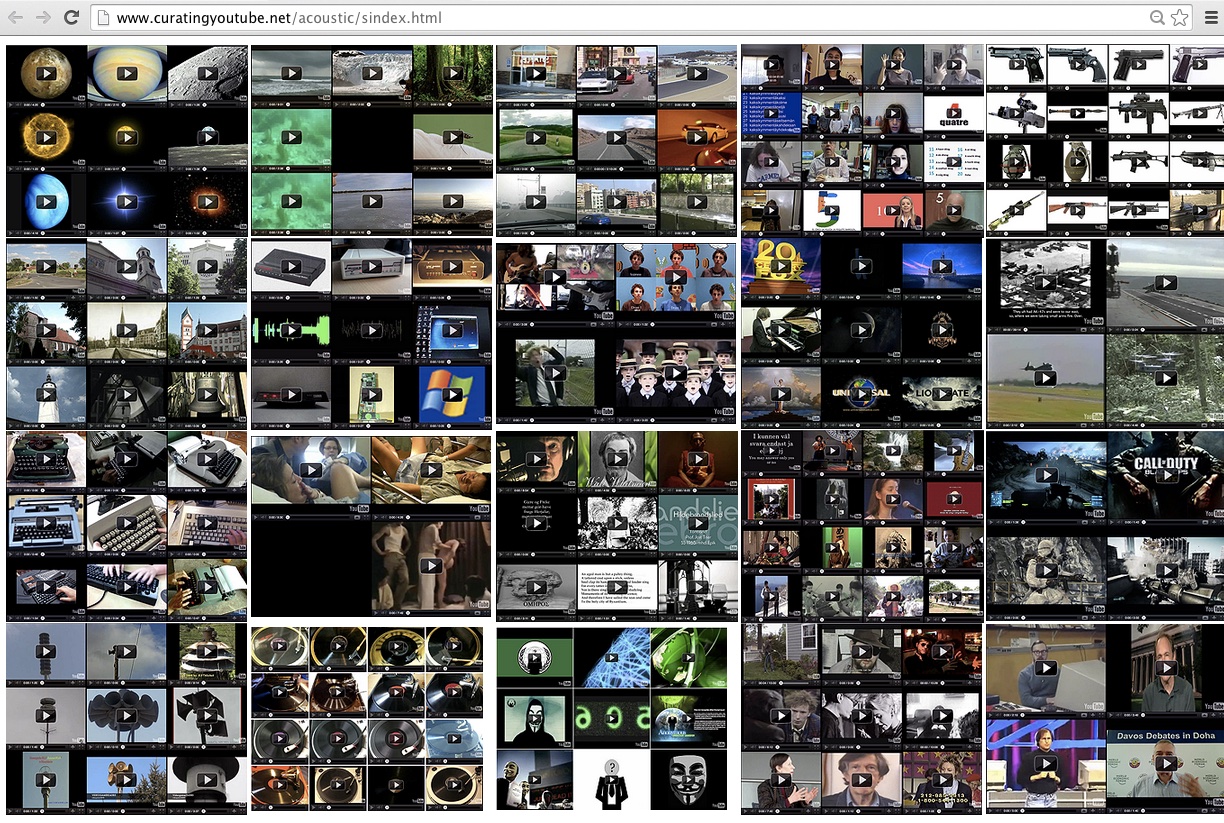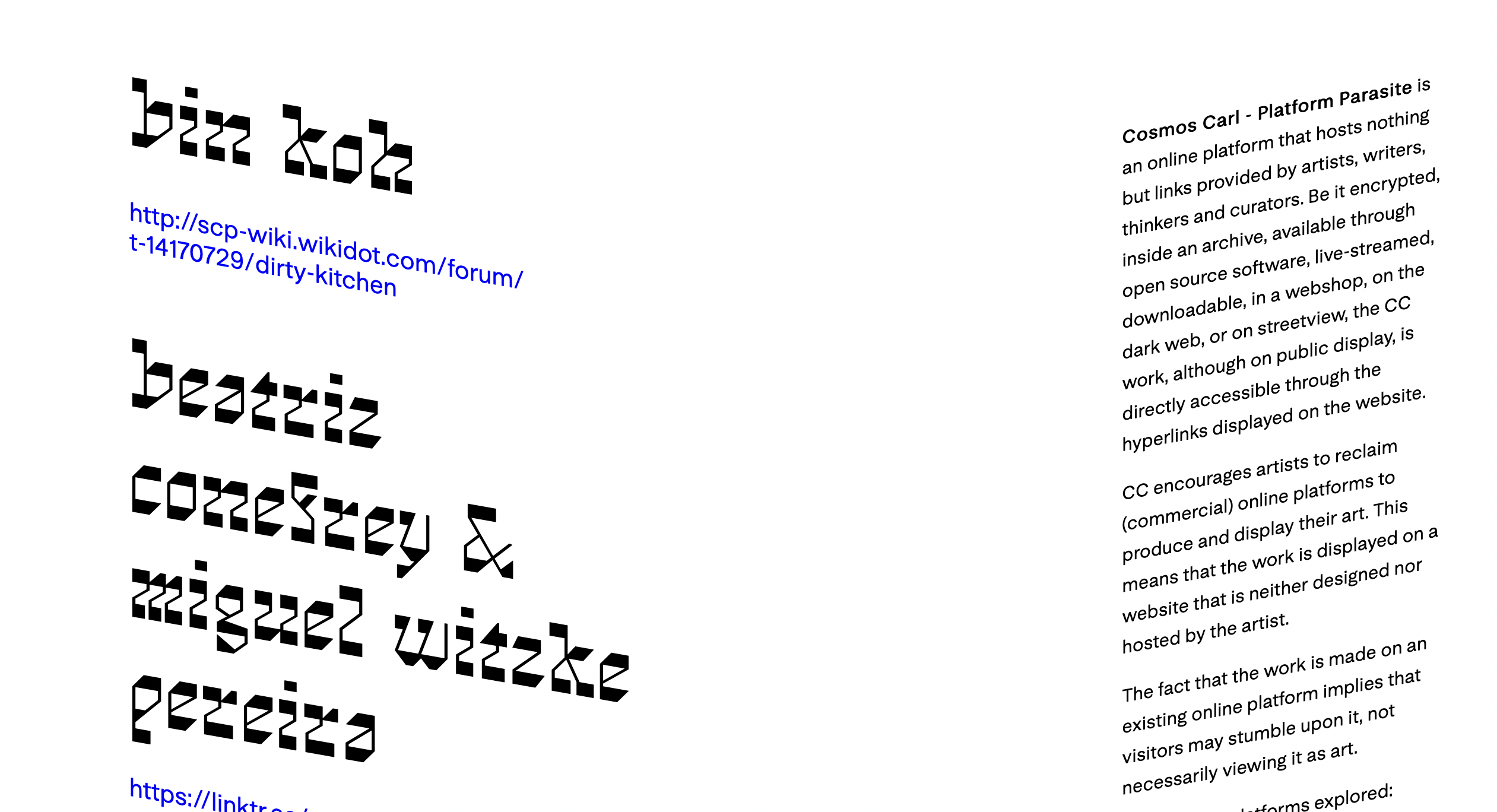Projects tagged: KEYWORD # Archive
DEFINITION |
1) A place in which public records or historical materials (such as documents) are preserved 2) A repository or collection of information — Merriam-Webster Dictionary |
GLOSSARY |
| [:it]#1: Gli archivi sono sempre stati soggetti alla frammentazione, anche quelli che sono regolati dalla legge. Un documento in un archivio può cambiare posto, essere ricontestualizzato e a volte distrutto a favore di un altro documento, fratturando così un processo di lavoro amministrativo ben organizzato. Come tale, nessun archivio è completamente stabile o fisso. Tuttavia, i documenti digitali hanno aumentato la natura frammentaria degli archivi. Mentre nell'archivio cartaceo, i documenti e il sistema amministrativo archivistico sono chiaramente divisi, "con gli archivi digitali, i documenti e i contenuti non sono più separati dall'infrastruttura di archiviazione: una volta che l'archivio si basa sulla circolazione dei dati in rete, la sua forma epocale si dissolve nel livello di codificazione e di protocolli, nei circuiti elettronici o nel flusso di dati" (Blom 2016). - Annet Dekker, Lost and Living (in) Archives: Collectively Shaping New Memories (2017) 2#: Nel 1991, Tim Berners-Lee ha iniziato la World Wide Virtual Library che ha sviluppato un elenco di tutti i server web sul web, e nel 1993 Mosaic ha creato "What's New with NCSA Mosaic page", la pagina di apertura predefinita del browser che catalogava quanti più nuovi siti possibili per data - il "What's New" ha vinto il "Most Important Service Concept" alla Prima Conferenza Internazionale del World Wide Web "Best of the Web '94 Awards".[:en]1#: Archives have always been subjected to fragmentation, even those that are regulated by law. A document in an archive can change location, be recontextualised and at times destroyed in preference of another document, thus fracturing a once neatly organized administrative working process. As such, no archive is entirely stable or fixed. However, digital documents have increased the fragmentary nature of archives. Whereas in the paper archive, documents and the archival administrative system are clearly divided, ‘with digital archives, documents and contents are no longer separated from the archival infrastructure: once the archive is based on networked data circulation, its emphatic form dissolves into the coding and protocol layer, into electronic circuits or data flow’ (Blom 2016). — Annet Dekker, Lost and Living (in) Archives: Collectively Shaping New Memories (2017) #2: In 1991, Tim Berners-Lee started the World Wide Virtual Library that developed a listing of all web servers on the web, and in 1993 Mosaic created “What’s New with NCSA Mosaic page”, the default opening page od the browser that catalogued as many new sites as possible by date — the “What’s New” won the “Most Important Service Concept” at the First International Conference of the World Wide Web’s “Best of the Web ’94 Awards”[:] |
